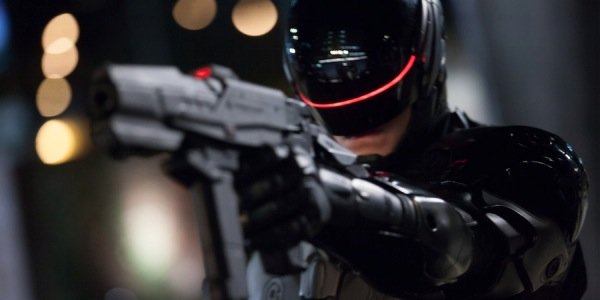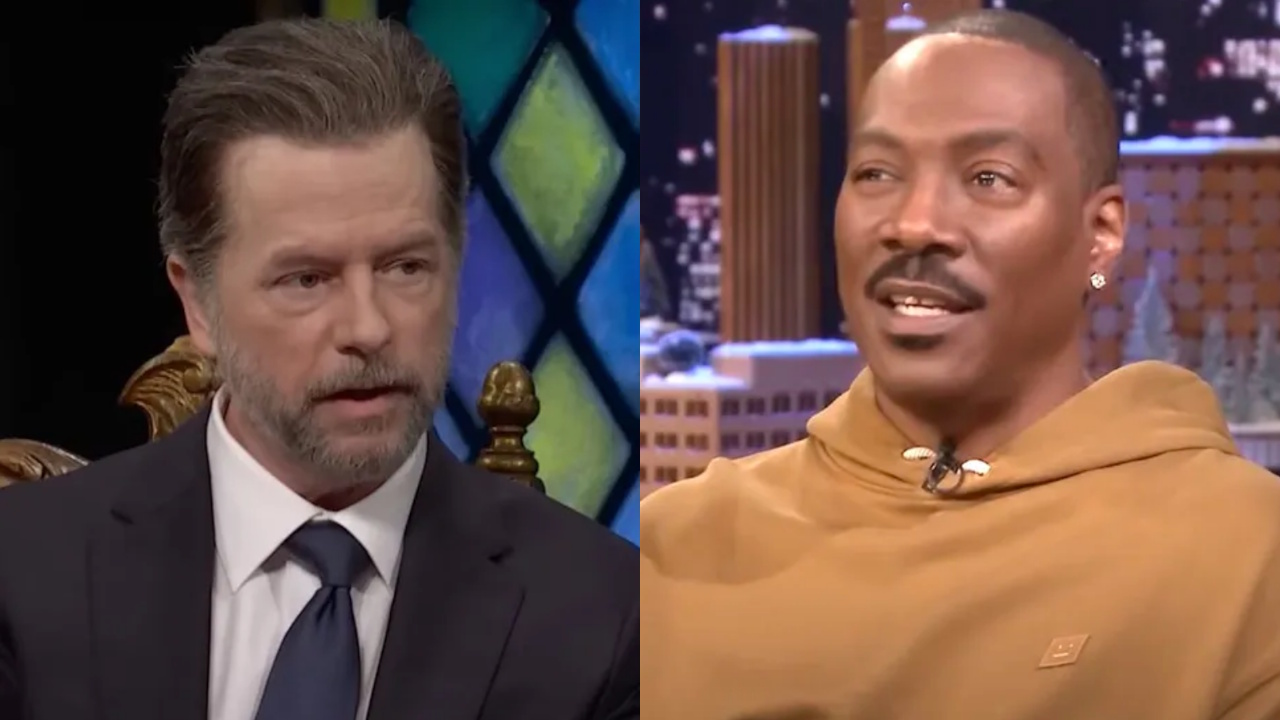The RoboCop Reboot Might Have Earned Enough To Justify A Sequel

Jose Padilha’s RoboCop reboot was one of those movies that met a wall of negative publicity long before it even arrived in theaters. Though we never held a formal ceremony declaring it as such, Paul Verhoeven’s original RoboCop belongs to some untouchable "Hall of Fame" of cinematic classics, and the idea of trying to retell the story to a new generation was heresy, sacrilege AND criminal. We just don’t do those sorts of things around Hollywood, sir!
Then we saw the movie. And it wasn’t an abomination. Eric reviewed it, and said it "actually plays with some legitimately interesting, different ideas that come together to create an attention-worthy entry in the science-fiction genre." Audiences who might have been skeptical at first checked it out. Box Office Mojo reports that after this weekend, Padilha’s reboot has crossed the $51 million mark, domestically. Here’s a number, though, that will really turn your head. RoboCop has banked $136 million overseas. Which means, globally, the reboot is fast approaching the $200 million mark.
That’s sequel money.
Need a comparison? Liam Neeson’s Taken, widely considered a massive hit (and a movie that inspired at least one sequel), ended up with $226.8 million worldwide. Sony’s own reboot of the 21 Jump Street series also banked $201.6 million internationally. 22 Jump Street opens in theaters on June 13.
We ventured down this road before, wondering aloud if Sony should even entertain the notion of a RoboCop sequel. Kelly, who enjoyed Padilha’s take on the story, thought that we actually "need" a sequel to this set up, stating:
In my mind, I see two movies following this one. The first one is RoboCop the crime-fighter. We saw Murphy use his technology to solve his own murder at lightning speed in the first film, so obviously an exciting new villain would have to be someone with high-tech resources. The kind of bad guy that couldn't be thwarted simply for having one of his guys forget to turn his cell phone off. Maybe RoboCop has to dig his way through layers of criminals to get to the kingpin and take him down to save the city. Maybe the villain has enough technological resources to build some scary machines to fight RoboCop."
But Gabe, who was disappointed in the sequel, begged Sony to stop. He argued:
The concept, sad to say, is built to self-destruct. The new film wants to make the idea analogous to the modern day, as if the general public doesn’t actively endorse drone warfare, but you don’t need to play Frankenstein with a dead cop to convince people the drone program, either in real life or with OCP, is a bad one. The very concept of a robot cop is a joke: how do you tell the joke a second time?"
Who’s right? You can bet the execs at Sony are waging that debate at the moment, especially as ancillary revenues such as home video start lining up. The original RoboCop triggered numerous sequels, but the majority of fans believed they were terrible. Do we want more terrible RoboCop sequels? Or has Padilha laid enough of a foundation that either he – or a different filmmaker – could take the baton and run with it for a larger story? Let us know your opinions below.
Your Daily Blend of Entertainment News

Sean O’Connell is a journalist and CinemaBlend’s Managing Editor. Having been with the site since 2011, Sean interviewed myriad directors, actors and producers, and created ReelBlend, which he proudly cohosts with Jake Hamilton and Kevin McCarthy. And he's the author of RELEASE THE SNYDER CUT, the Spider-Man history book WITH GREAT POWER, and an upcoming book about Bruce Willis.
